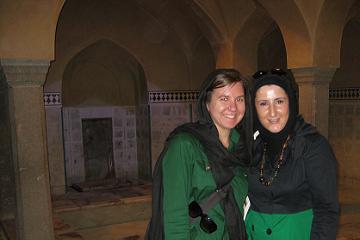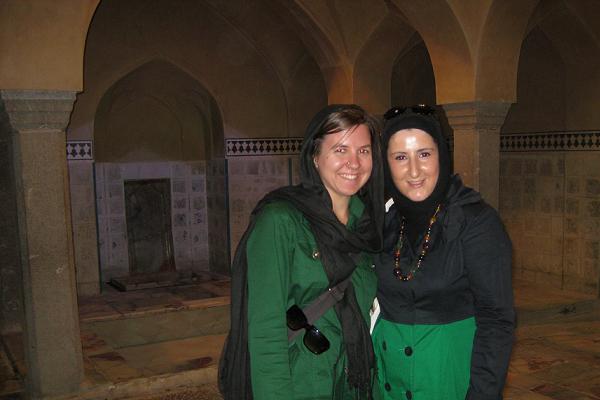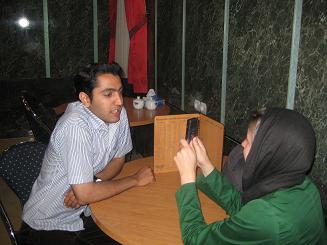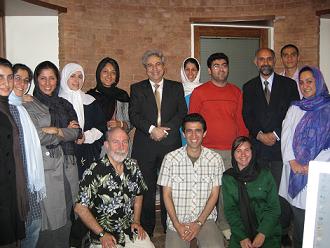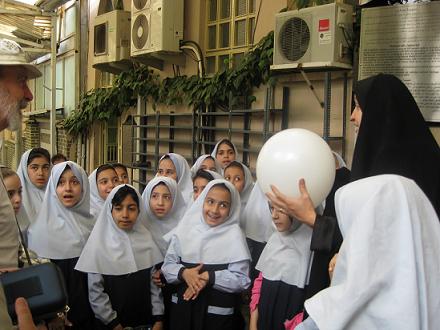All photos courtesy of Peace Action West.
There are a lot of words Westerners associate with Iran, but citizen diplomacy is probably not among them. Your typical news report on anything dealing with Iran might mention nuclear ambitions, sanctions, or Ahmadinejad’s latest display of rhetoric.
